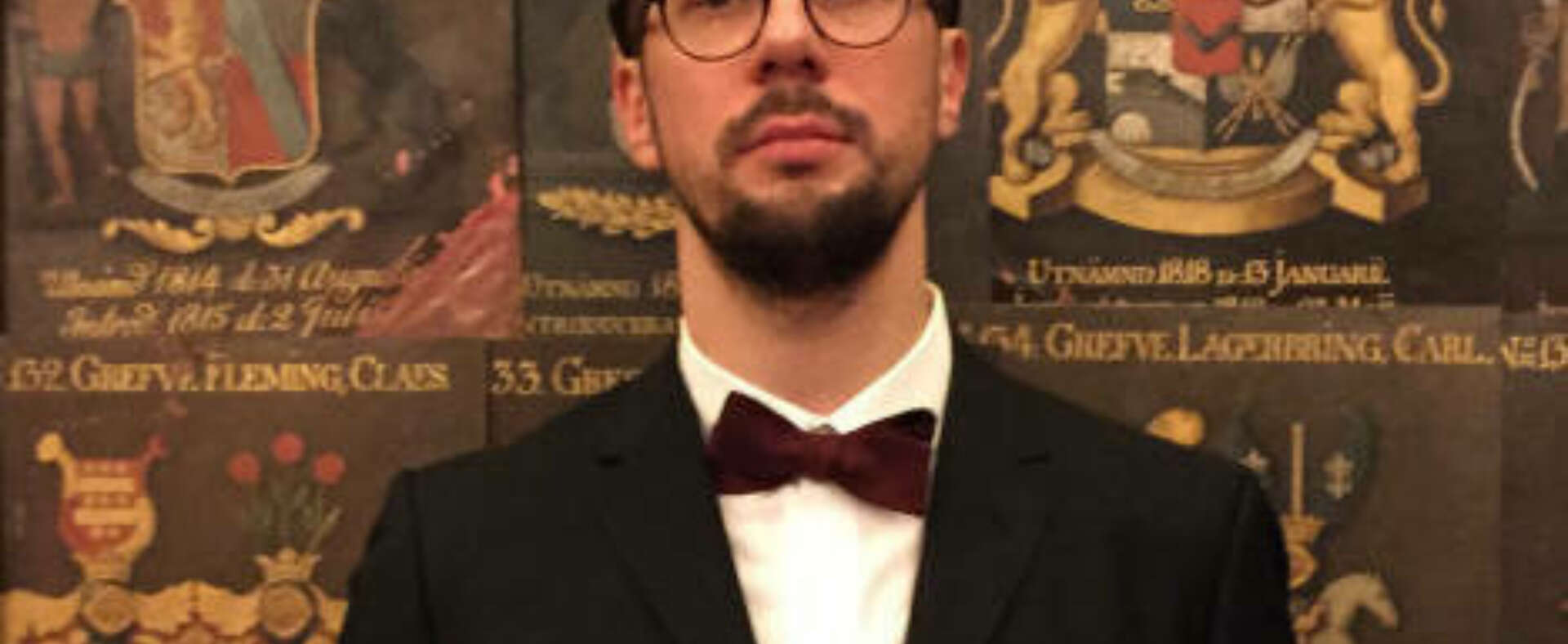WRITTEN BY: Annika Pham
We speak to CEO Jakob Abrahamsson.

We speak to CEO Jakob Abrahamsson.
In 2015 you took control again of your destiny when you bought back your company from Turner Broadcasting System to become again a leading indie player. Could you summarise how you re-structured NonStop?
Jakob Abrahamsson. It’s been a lot of fun and a lot of work! First, together with co-founder C.G. Anderson, we took a team with us and had to rebuild our servicing departments. Our first film launch as indie company was Ingrid Bergman in Her Own Words. It ended up being our most successful release with 190,000 admissions in Sweden and the second-best documentary release in Sweden in modern times after Palme.
Then what we did was re-organise our catalogue, creating different labels: NonStop Entertainment for upmarket releases, NonStop Dox for feature docs, NonStop Darkness for genre films. The most recent label, NonStop Timeless for film classics, was launched this summer, on the model of Janus Films in the US.
What have been the results so far with NonStop Timeless?
JA: When we launched the label, our idea was to see if classics would behave like special event content, such as live opera, or if there was room to launch them in a more regular repertoire environment. In the end, it seems like the ‘special event’ type of releases is more popular with audiences. This is good news as it will enable us to keep P&As down and it will be easier with cinema bookings.
How do you create the ‘want to see’ on old classics?
JA: When we launched the first season of Timeless movies, we did a small ‘Timeless Fest’, and collaborated with scholars and personalities who introduced their favourites such as Helena Bergström with Fellini’s La Dolce Vita, or Peter Birro with Scola’s Una Giornata particolare. We work with opinion leaders who have their own network to spread the word of mouth via social media.
We also do special screenings at festivals such as Göteborg that will screen The Night Porter in advance of the film’s March release. The key is to make those classics accurate for today’s audience, to wrap them as timeless art works.
How many films do you release each year, what’s the share of Swedish/Nordic films, fiction/non-fiction and what was your share of the Swedish market in 2016?
JA: Before we started with the classics, we had around 18 titles. Of those, 2-3 are Swedish or Nordic; 4 are docs, the rest is fiction. Now including the classics, we have around 24 films a year. Last year we had around 1-2% of the market.
Do you pre-buy, if so based on what criteria, and for how many territories?
JA: With Swedish films, we step in early as this is how the system works [for producers to get SFI support]. On the Finnish film Tom of Finland [opener of the Göteborg Film Festival], we boarded it last summer, after seeing a rough cut. We also pre-buy documentaries, via our collaboration with New York-based Submarine Entertainment, depending on the director, awards, subject matter. For instance we pre-bought The Heady Days of Hedy Lamarr because of the topic and the film is executive produced by Susan Sarandon, part of her ‘Female First’ label, so that’s a nice hook. With first features, we look at the production company’s credentials.
We acquire for the Nordics and Baltics and have started acquiring for Benelux. The upcoming documentary Superswede [about Ronnie Peterson] that we co-produced was also bought for distribution in the Benelux.
How active will you be as co-producer in the future?
JA: We couldn’t co-produce under the Turner ownership. But as indie player, we will co-produce on a selective basis, Swedish and non-Swedish projects. As we don’t rely on well-known brands, we try to find hooks to help films stand out on the market.
2016 was a tough year for Swedish films that had a low 15.1% market share, although people continues to flock into cinemas. What do you think should/could be done to help Swedish films re-connect with local audiences?
JA: I hope that with the state Film Policy, we will have this ambition so that our local ‘blockbusters’ based on books (Easy Money, A Man Called Ove) or famous personalities - like Waltz for Monica - continue to be made. I think that attention to storytelling is essential for the mainstream market. On the other side of the spectrum, i.e. small budget films, we need to nurture up and coming directors. But we also need to nurture the talented people that have had a break through or had an impact with a specific genre.
2017 will see the opening of your first cinema, Stockholm’s historical Capitol cinema from 1926 that you’re renovating and converting, together with Njutafilms. What is your vision?
JA: Today, the cinema experience is split in two, between the highest quality cinema-going experience of the glory days of movie theatres and the multiplex experience. We will offer Capitol customers the highest-quality experience, with hopefully four screens (120, 80, and 2x24 seats) and an adjoining restaurant and wine bar, so that people can bring a drink and snacks in the cinema. This is rare in Sweden!
We will programme our films as well as high profile quality films such as La La Land, and create clubs, kids matinees etc. Our plan is to open in the fall 2017.
How successful was the kickstarter campaign that you launched on December 25 to help finance the renovation of the Capitol Cinema?
JA: The response has been overwhelming. Our campaign closes on Thursday [January 26]. Our goal was to raise SEK 250,000 and we have raised more than SEK 1.4 million! More than 1,000 people have contributed money and several thousand have supported us on social media. We are humbled from people’s reaction and to share the same dream with so many people. All these generous contributors and Capitol friends will be in our cinema database.